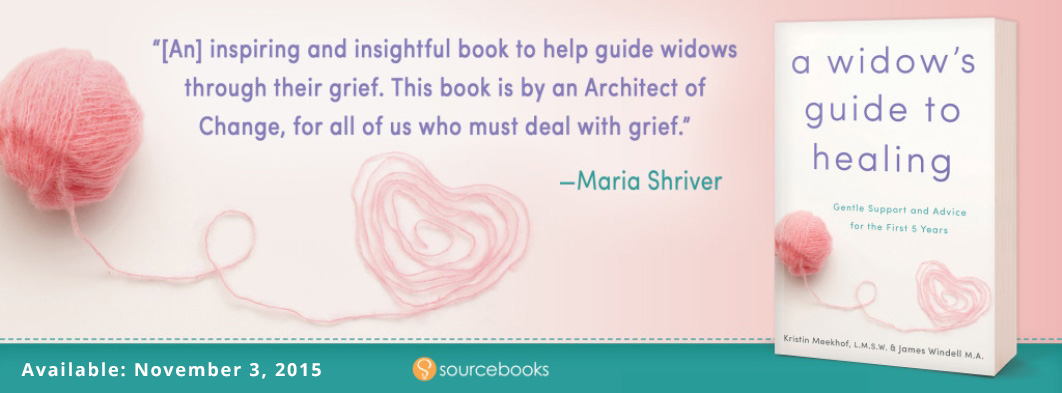
Reaching for Support
A traditional Danish proverb states that, “No one is rich enough to do without a neighbor.” This in essence is true of everyone. There is a point in all of our lives that we are socially interdependent. Some of us create relationships with others for the very goal of reaching happiness. Health science researchers have found that individuals who have social support experience improved physical health. Not surprisingly, social scientists have also found a connection between social support and an individual’s sense of well being. This sense of having a community of people to talk and share resources with underlies the study of social networks.
Last month, I was interviewed about how I coped with my late husband’s health crisis. On The Huffington Post, I wrote about my husband’s brief battle with adrenal cancer here —https://www.huffingtonpost.com/kristin-meekhof/the-moment-i-knew_25_b_3414936.html — and as a result strangers have written to me asking questions. Many of these questions follow a similar pattern. Generally, people want to know if I have any advice for young widows, what adrenal cancer is, how I learned to navigate the health care system, and how I coped with loneliness. So when I agreed to this telephone interview, I thought I was mentally prepared for the usual questions. The interview was coming to a close and I was reaching for my handbag to check my cellphone (yes, I confess, I was not completely focused) when I was asked this: Is there anything you regret about your husband’s medical crisis?
I froze. My shoulders tightened. I couldn’t even swallow. I wasn’t able to process anything. The interviewer sensed my startled response and said, “It’s okay. Take your time.” I couldn’t even mumble, “Thank you.” No words. Nothing. Eventually, these words went through my brain, “No regrets.” This was the safe answer. I could wrap up this interview, show very little vulnerability, and move on. However, I chose to think deeply about this question, and answer it with complete honesty. I did have a regret and it was this — not reaching for more support. When my husband was ill, I was in crisis mode. Things were happening very quickly, and I was running an emotional marathon with no end in sight.
I don’t blame anyone for what I am about to say, but I wish I had said “yes” to more offers of help. I felt raw and adding one more thing to my plate, like meeting for coffee, seemed overwhelming. However, I know in talking with others that support does make a difference.
Recently, I talked with Shauna McLaughlin. In 2010, she faced a mother’s worst nightmare. Her then 19-month-old daughter was diagnosed with leukemia. As a single parent, Ms. McLaughlin was solely responsible for her daughter’s medical, emotional, and financial care. Ms McLaughlin recalls, “I left my job to take care of her because she needed me around the clock. I couldn’t leave her alone at the hospital. She was critically ill, and at times on life support.”
Support is something McLaughlin desperately needed. A social worker at Dana Farber hospital, where the Ms. McLaughlin’s daughter was receiving care, recognized the challenges the family faced. The social worker connected Ms. McLaughlin with Carla Tardif, Executive Director of the Family Reach. Little did Ms. Tardiff know how much this single mother was struggling. Ms. McLaughlin recalls, “I didn’t have heat, and wasn’t able to make the monthly rent payments.” She was struggling in silence, and it was the kindness of a stranger that made all the difference.
Looking back at the time during my husband’s health crisis, I know that acts of kindness from people I knew and those I didn’t know mattered. Reaching out can be challenging for those of us who want to appear pulled together and independent. However, from time to time, we all need a little help from others.
To learn more about Family Reach, you can go here: https://www.familyreach.org/
References: Health Science research studies: Schwazer & Leppin 1991; Uchino, Cacioppo, Marakey, Glaser & Kiecolt- Glaser, 1995; Ryff & Keyes, 1995.
This article first appeared on Huffington Post








No comments yet.